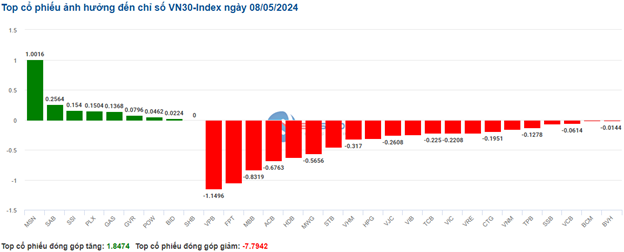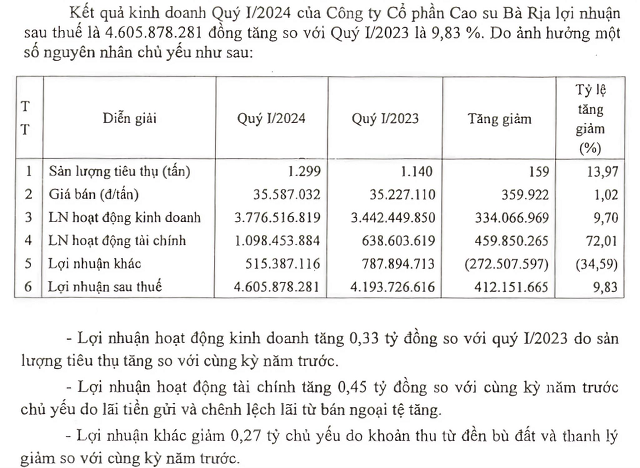Many Expectations
Sharing about the real estate picture in the Year of the Wood Horse 2024, Ms. Duong Thuy Dung, CEO of CBRE Vietnam believes that in 2024, the housing market in the two major cities of Hanoi and Ho Chi Minh City will show more positive signals, with supply and demand slowly recovering but still not fully recovered.
In 2024, new supply will still be limited compared to previous years, with more than 30,000 new housing units expected to be offered for sale in both cities. Most of these new products will come from luxury and premium segment projects, which will keep prices high in both cities. In Ho Chi Minh City, in addition to new projects, there will also be some projects that are expected to be redeveloped and relaunched after a long period of silence due to legal obstacles.
According to Ms. Dung, in 2024, although the cautious psychology of investors and homebuyers cannot be avoided, it will be more optimistic than 2023. In terms of policies, the laws passed by the National Assembly are positive signals for the housing market.
“The trust of homebuyers began to show signs of recovery from the second half of 2023 when we saw better liquidity rates in new projects in the quarter. However, the recovery is still slow and the trust of homebuyers still requires many factors to fully recover,” emphasized CBRE Vietnam expert.

Photo: Ha Vy
Some experts in the industry also emphasized that according to the cycle, the real estate market will enter a prosperous phase by the second quarter of 2025.
Cautious assessment of the market, Mr. Nguyen Quoc Anh, Deputy General Director of Batdongsan, stated that based on factors such as the time required for new laws to permeate the market, economic growth, and the psychological evolution of homebuyers, 2024 will only mark the beginning of a real estate “turnaround” cycle, not the recovery and growth. This “turnaround” does not mean that the market will immediately enter a recovery phase. It is just the end point of the downward cycle of real estate. From this turning point, the market will enter a “sideways” phase, with somewhat improved liquidity but difficult breakthrough growth.
Real Estate Businesses Still Bear the Burden of Cash Flow Concerns
Some experts in the industry acknowledge that although the real estate market has recorded many positive signals in 2024, businesses still face difficulties in terms of cash flow.
Mr. Hoang Hai, Director of the Housing and Real Estate Market Management Agency (Ministry of Construction) said that the real estate market still faces many challenges because real estate businesses have difficulty accessing credit loans and almost cannot mobilize capital from corporate bonds and customer sources, leading to a shortage of capital to implement projects.
In addition, real estate businesses are still under pressure from bank loans. Mr. Can Van Luc, a member of the National Financial and Monetary Policy Advisory Council, said that in January 2024, real estate business bonds amounting to VND 15.6 trillion will mature. Faced with difficulties in cash flow, Mr. Luc said that businesses need to have specific and feasible plans to pay off corporate bond debts, especially in 2024.

To stimulate credit flow into the real estate market, in addition to detailed plans set by the businesses themselves, some real estate companies believe that the banking industry needs to be more “open” in terms of credit granting conditions. Specifically, in terms of procedures, it is necessary to simplify documentation, shorten the approval and credit granting time to less than 1 month. In addition, it is necessary to further reduce interest rates, especially for enterprises with good credit history and feasible business plans.
In addition, businesses also proposed that the Government extend the debt restructuring period; continue to allow the use of 34% of short-term capital for medium- and long-term loans (instead of reducing to 30%); create more room for banks participating in real estate market restructuring; extend the loan period for industries directly related to real estate.
Experts believe that “loosening” credit is essential in the current period to support real estate businesses, which are already in a difficult situation and are preparing to face the “storm” of corporate bond maturities in 2024.
Recently, according to statistics released by the General Statistics Office, at the beginning of 2024, 2,000 real estate businesses temporarily suspended their operations, an increase of 138% compared to the same period. The number of dissolved businesses is 149, equivalent to 97.4% compared to the same period. Along with that, downsizing in real estate businesses is still taking place, not only for small businesses but also for large businesses.






































